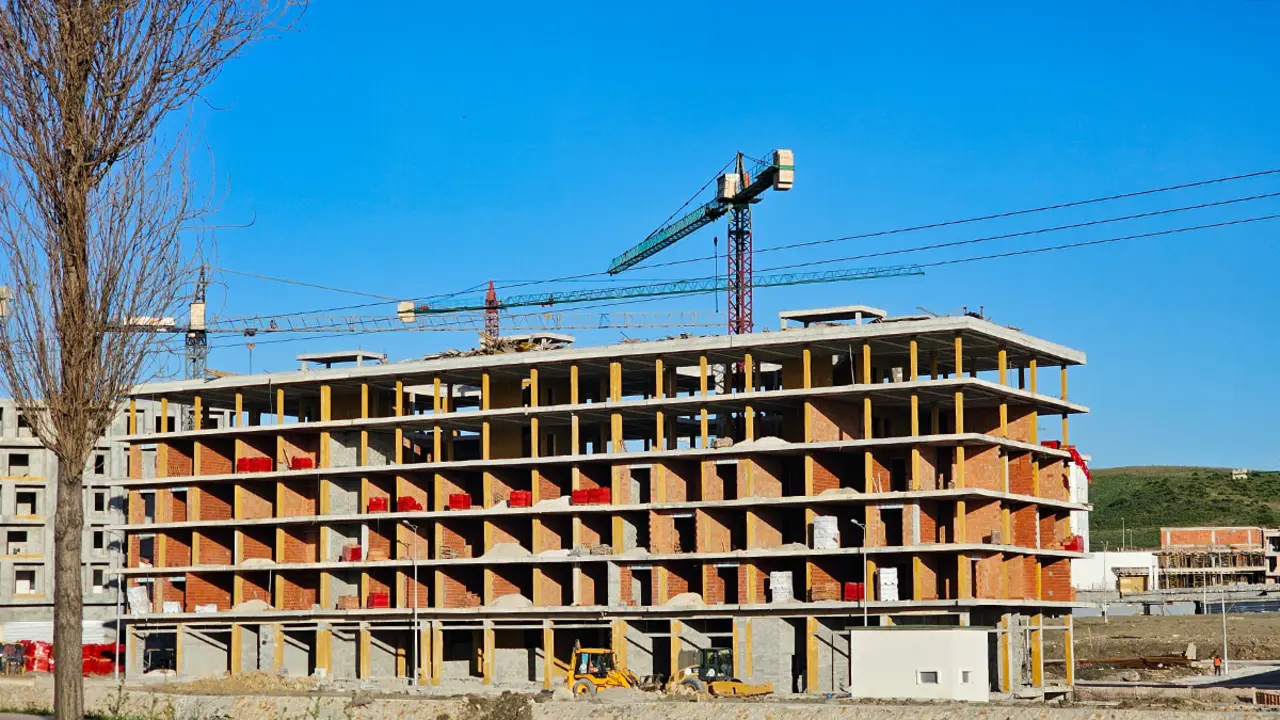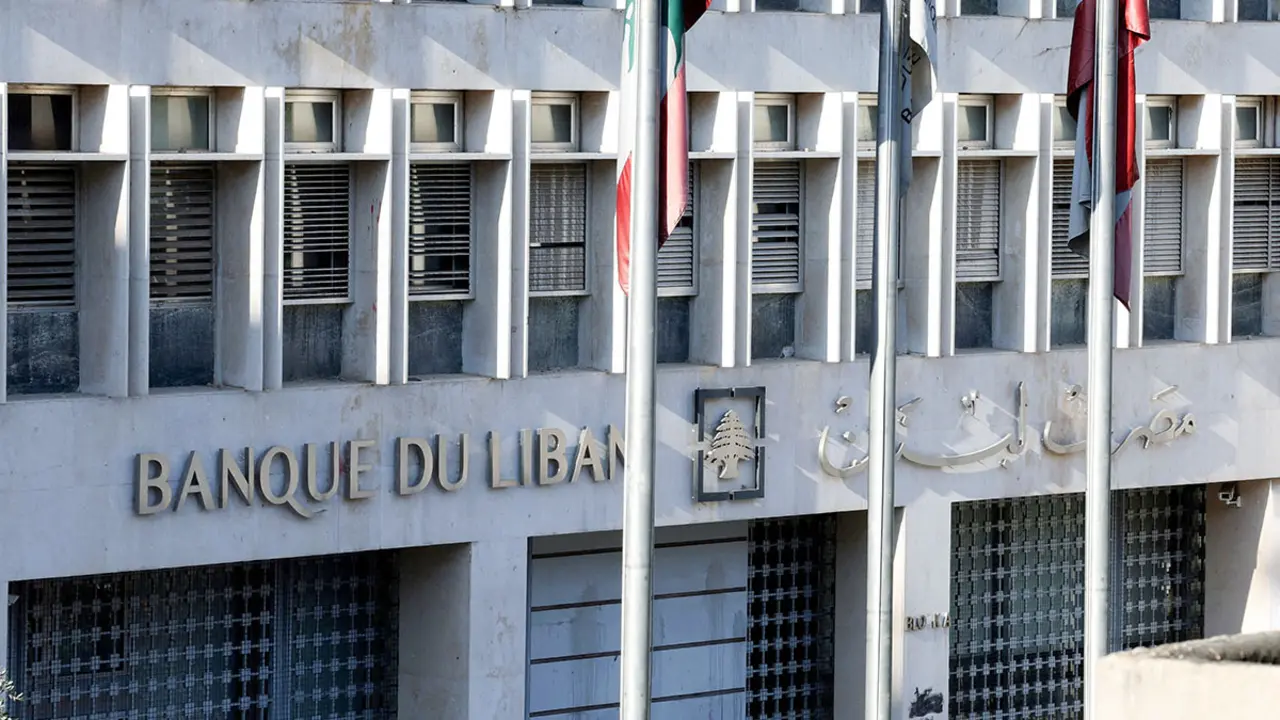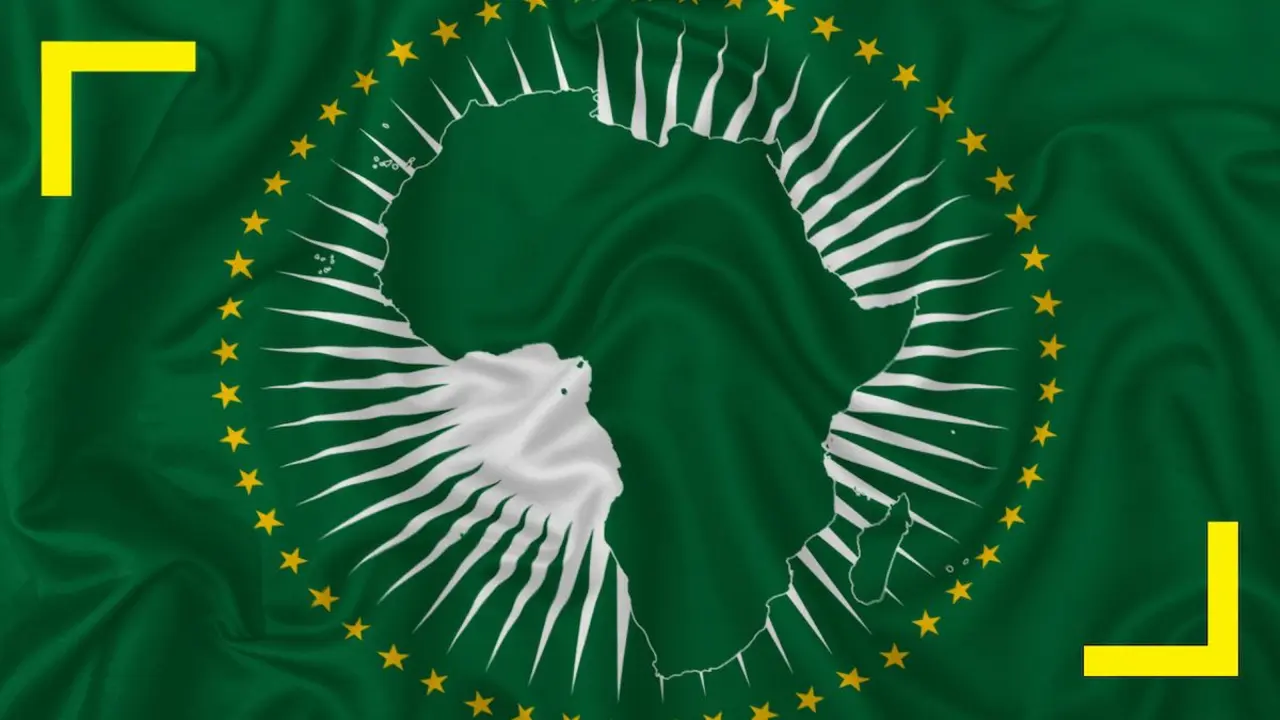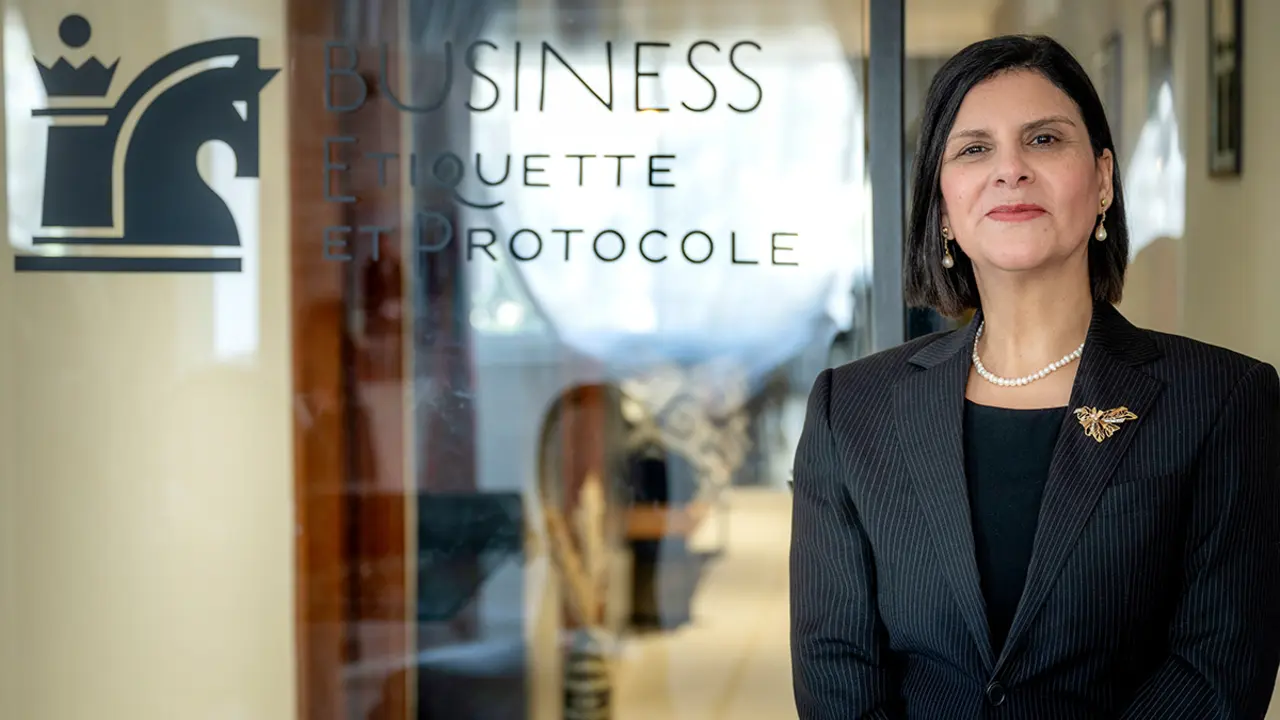The Emirate's economic recipe for dealing with the coronavirus: deferment of payments and more liquidity
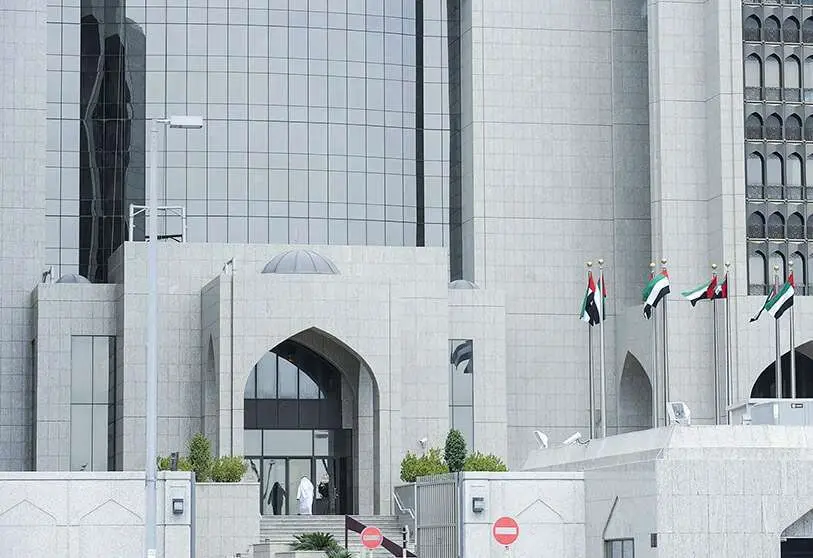
The Emirates has taken this seriously and has wasted no time in applying tough containment measures against the coronavirus. First it suspended the tour that was taking place in its territory, closed the schools and also the borders. In addition, he has conducted massive testing among the population to identify those infected in order to minimize the spread. The result: 1,505 infections and only 10 deaths.
When it comes to taking economic measures, the authorities have not been too keen either. On March 14, the first monetary injection was announced. Now, this Sunday, new initiatives have been announced to minimize the financial impact of the virus. The Central Bank has announced a new stimulus package of up to 70 billion dollars.
Capital and interest payments have also been postponed until December 31 for bank and finance company clients. "The value of all the liquidity measures adopted by the institution since last month has reached 70 billion dollars," explains the note published this Sunday by the entity.
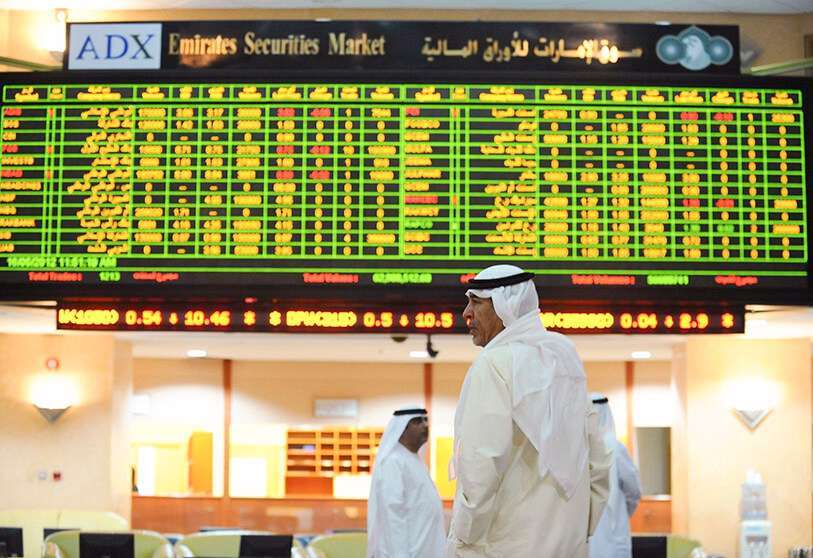
The United Arab Emirates, a country very rich in oil, already announced up to 35 billion dollars in aid for the banking system, facilities for loans and injection of funds last March. The new measures announced on Sunday extend monetary stimulus to $70 billion, but they focus on easing financial and liquidity requirements for banks to release cash for loans.
In addition, the Central Bank has also reduced the percentage of money banks must hold on deposit to ensure that customers can access their money from 7% to 14%. This measure will allow institutions to have up to 16.6 million dollars more available for new bank loans. In order to help businesses and customers, the regulation will also allow banks to defer loan payments to businesses and customers until the end of 2020.
"The additional measures announced will ease the pressure on financial institutions and will also benefit businesses and households," said the newly appointed governor of the central bank, Abdullhamid Saeed. The Dubai Stock Exchange has been one of the hardest hit in the Gulf, losing up to 36% of its value in the first quarter, most of it in March. The Abu Dhabi Stock Exchange also recorded a fall of up to 26.4%.

